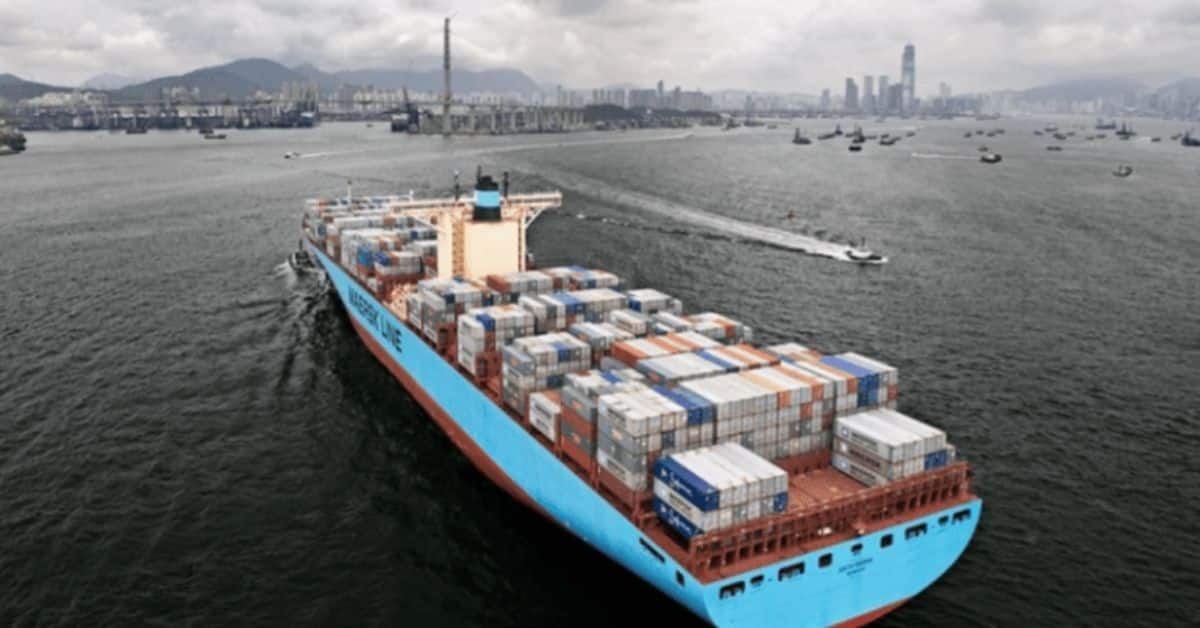Clean fuel is in short supply avers Maersk
Alette Maersk's Green Methanol Voyage Highlights Challenges in Maritime Decarbonization

In a significant milestone for the maritime sector’s decarbonization efforts, the Alette Maersk, powered by green methanol, became the first vessel of its kind to cross the Pacific Ocean. Departing from China, the ship made its way to the Port of Los Angeles. However, the voyage faced a setback when the vessel was unable to source clean fuel in the United States, forcing it to rely on petroleum-based marine fuel for its return journey. This incident underscores the current limitations in the availability of green fuels, particularly in major global ports.
The shipping industry, responsible for nearly 3% of global greenhouse gas emissions, urgently requires more accessible and affordable green fuel options to meet decarbonization targets set by scientists and world governments. Maersk, a leader in this space, already operates five vessels powered by green methanol and has ordered an additional 20. These vessels are designed with dual-fuel capabilities, allowing them to switch to fossil fuels when green alternatives are either unavailable or prohibitively expensive.
Despite the industry’s push towards greener alternatives, challenges remain. The cost of clean fuels is still two to three times higher than that of fossil fuels, and global production remains limited. While China’s Goldwind has committed to supplying green methanol for Maersk’s fleet, starting with the first of 12 large ocean-going vessels in 2026, other suppliers like Orsted have paused their plans to build large-scale e-methanol plants in Europe, citing slower-than-expected market development.
